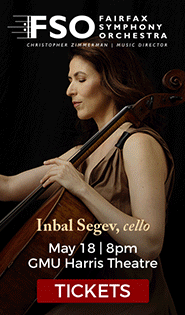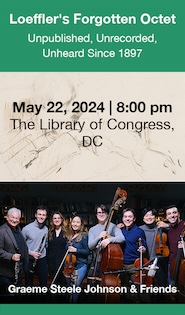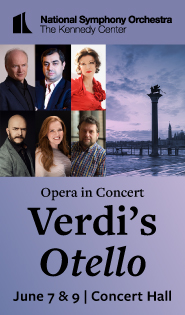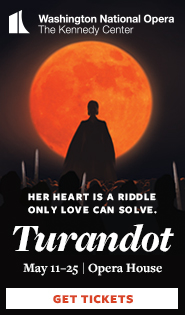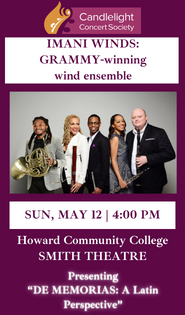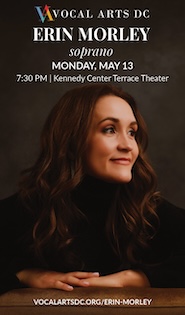Words matter as Equilbey puts an individual stamp on NSO “Messiah”
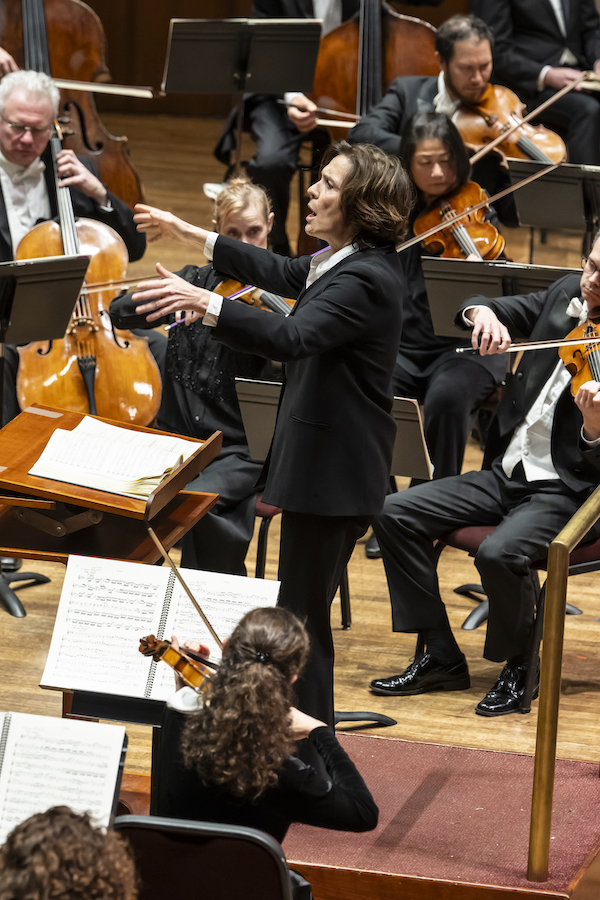
Laurence Equilbey conducted the National Symphony Orchestra in Handel’s Messiah Thursday night at the Kennedy Center, Photo: Scott Suchman
The National Symphony Orchestra’s annual December performances of Handel’s Messiah vary from year to year in style. The 2023 installment is for lovers of a smaller, more intimate Messiah, much like the composer’s first performance. Laurence Equilbey made her NSO debut Thursday night, leading a fleet, compact rendition of this perennial favorite, with a lean orchestra and the University of Maryland Concert Choir.
The French conductor, who founded the chamber choir Accentus in 1991, has also led an early music orchestra called Insula since 2012. Her gestures, swirling and sans baton, remain much more typical of a choral conductor, however. This led to some minor coordination issues in an otherwise confidently paced interpretation. With some fast tempos and eleven numbers cut from Parts II and III, this Messiah took just about two hours.
Ensemble sound seemed more immediate, with both chorus and orchestra placed on the stage. Equilbey elided the first four numbers together, allowing almost no break between them, to stave off applause until the end of each of the three parts. Extensive late seating after the first chorus interrupted the flow of the first half.
Among the soloists, tenor Aaron Sheehan sang with beauty of vocal tone, especially lyrical in his first two pieces in Part I. In Part 2, where Handel included more arias for the tenor, Sheehan turned more to the weighty, heroic side of his voice, particularly forceful in the aria “Thou shalt dash them.”
Countertenor Christopher Lowrey took the alto solos, with a bright, imposing sound that turned strident only occasionally toward the top of his range. His melismatic singing was beautifully articulated, even at fast tempos. Lowrey added extravagant ornamentation on da capo repeats, quite florid in his performance of “But who may abide,” complete with a striking cadenza. A similar effect came across in “He was despised,” concluding with an interpolated high note at the end of the B section.
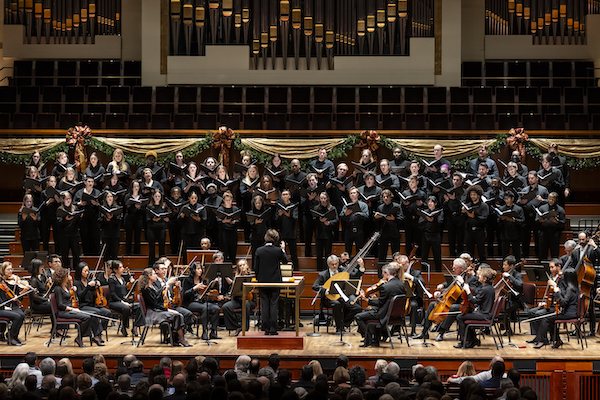
Photo: Scott Suchman
American soprano Robin Johannsen, while not possessing a particularly lustrous voice, had incredible facility and accuracy in fast-moving passages. Her series of brief narrative pieces in Part I (“There were shepherds”) was less impressive than her high-flying exploits in “Rejoice greatly.” It was also a nice touch for Equilbey to give her the 1741 original version of the aria “How beautiful are the feet,” with its rarely heard middle section (“Their sound is gone out”), instead of the chorus on those words with which Handel later replaced it.
Canadian baritone Jonathon Adams also sang long strings of notes with remarkable velocity and delineation, as in “Thus saith the Lord.” Long-held pitches, especially in the high range, tended instead to be hollow and shouty. Adams paired well with the solo trumpet in a potent performance of “The trumpet shall sound.”
Among local choruses, the University of Maryland Concert Choir has partnered with the NSO for Messiah most often in recent years. This was the first year the group was prepared for the work by Jason Max Ferdinand, their new director, who succeeded his mentor, Edward McClary, in 2022. The choir sang in sections, which may have contributed to some balance issues, with the alto and tenor sections tending to dominate. Their musical phrasing and attention to diction both impressed, as they followed Equilbey’s many careful indications for dynamic shaping.
The orchestra likewise shadowed Equilbey with careful attention. The strings, reduced to about thirty players, scaled their tone to the dynamic demands, even having some back desks stop playing at certain points. The continuo section played with exceptional variety, in combinations of chamber organ, harpsichord, and theorbo, all of which popped out of the orchestral texture at various points.
Equilbey seemed guided by the power of the text more than anything. In choral pieces, ornate melismatic lines tended to be pushed into the background, so that musically less showy parts, bearing important words, could be heard. She was more than willing to make sudden changes to the tempo, in the interest of drawing out important meanings or playing up textual contrasts. A case in point was Lowrey’s careful enunciation of “Then shall the eyes of the blind,” with ornamentation added to draw attention to the wonders brought about by Jesus’ life.
The program will be repeated 8 p.m. Friday and Saturday and 1 p.m. Sunday. kennedy-center.org
